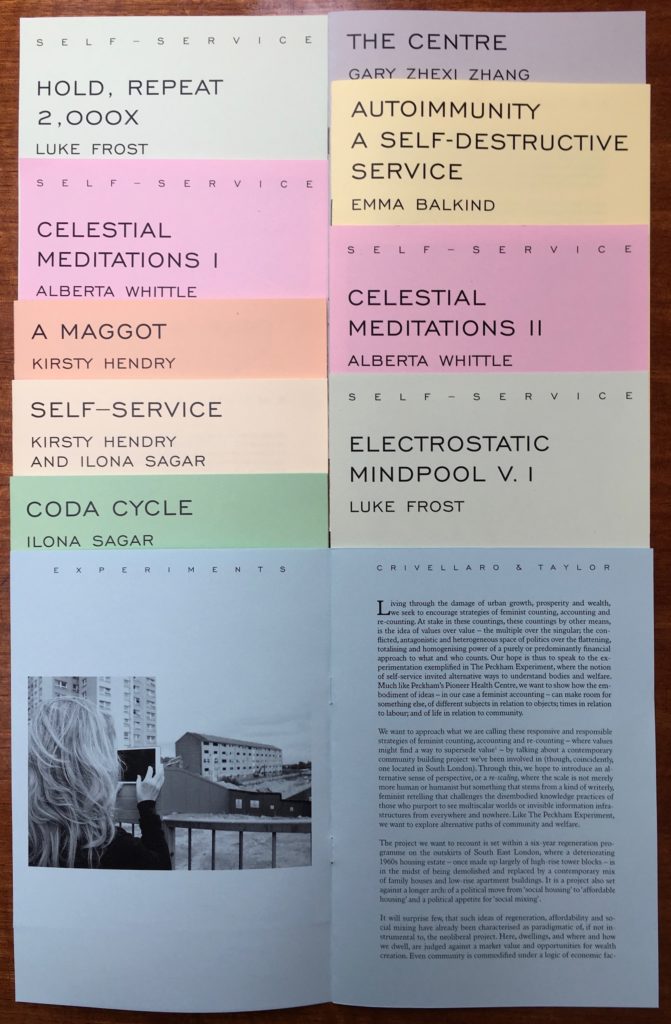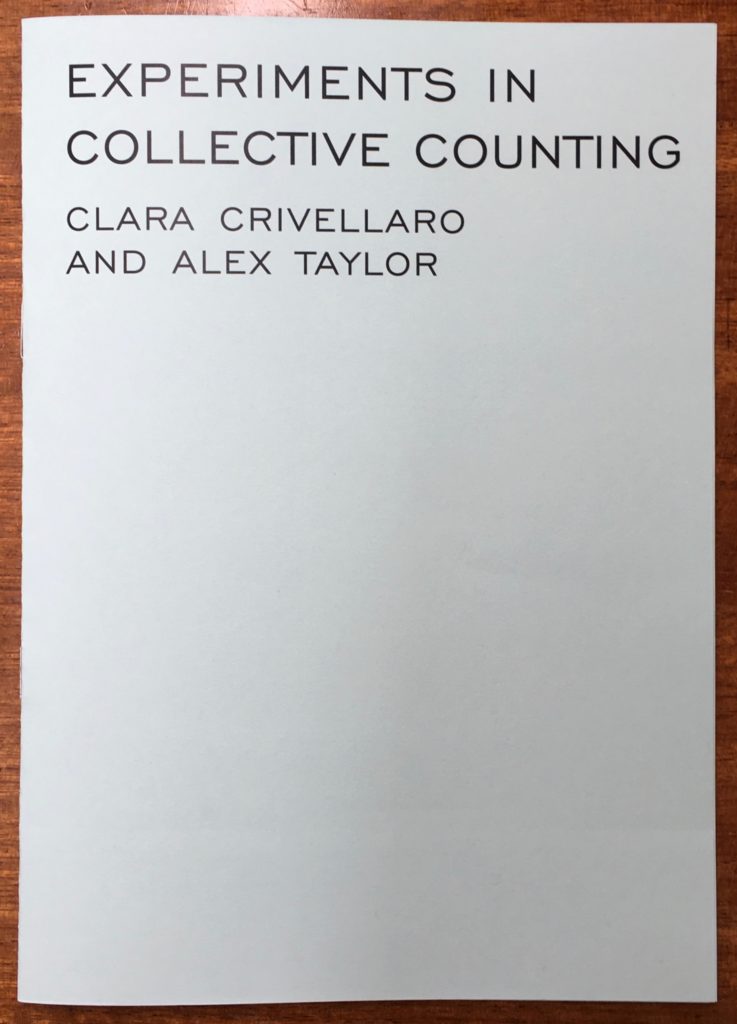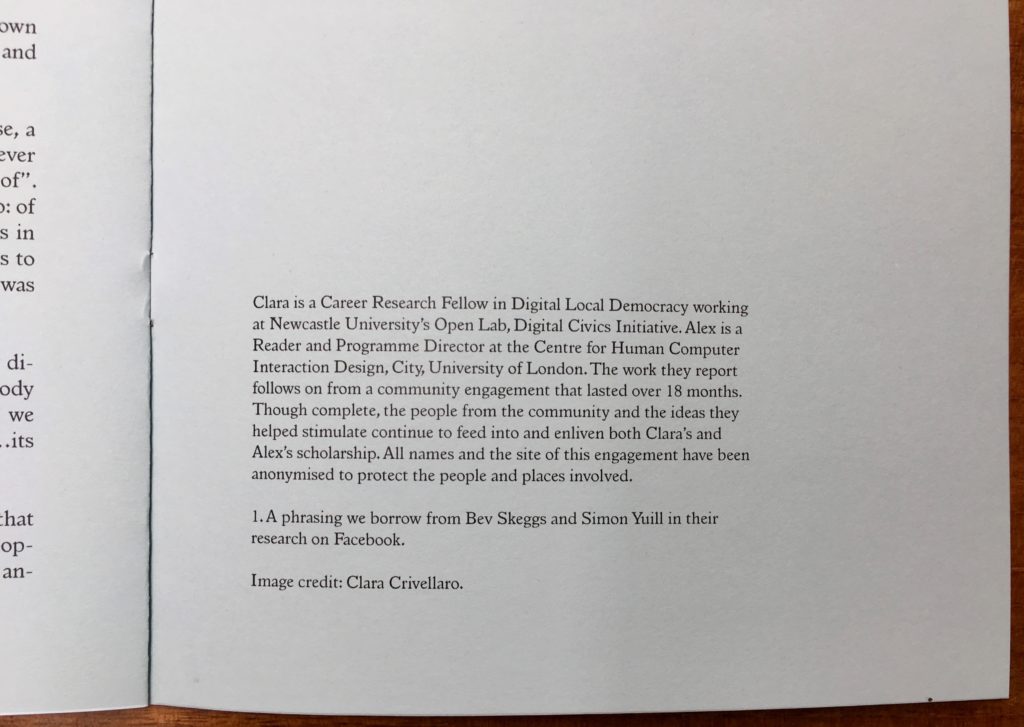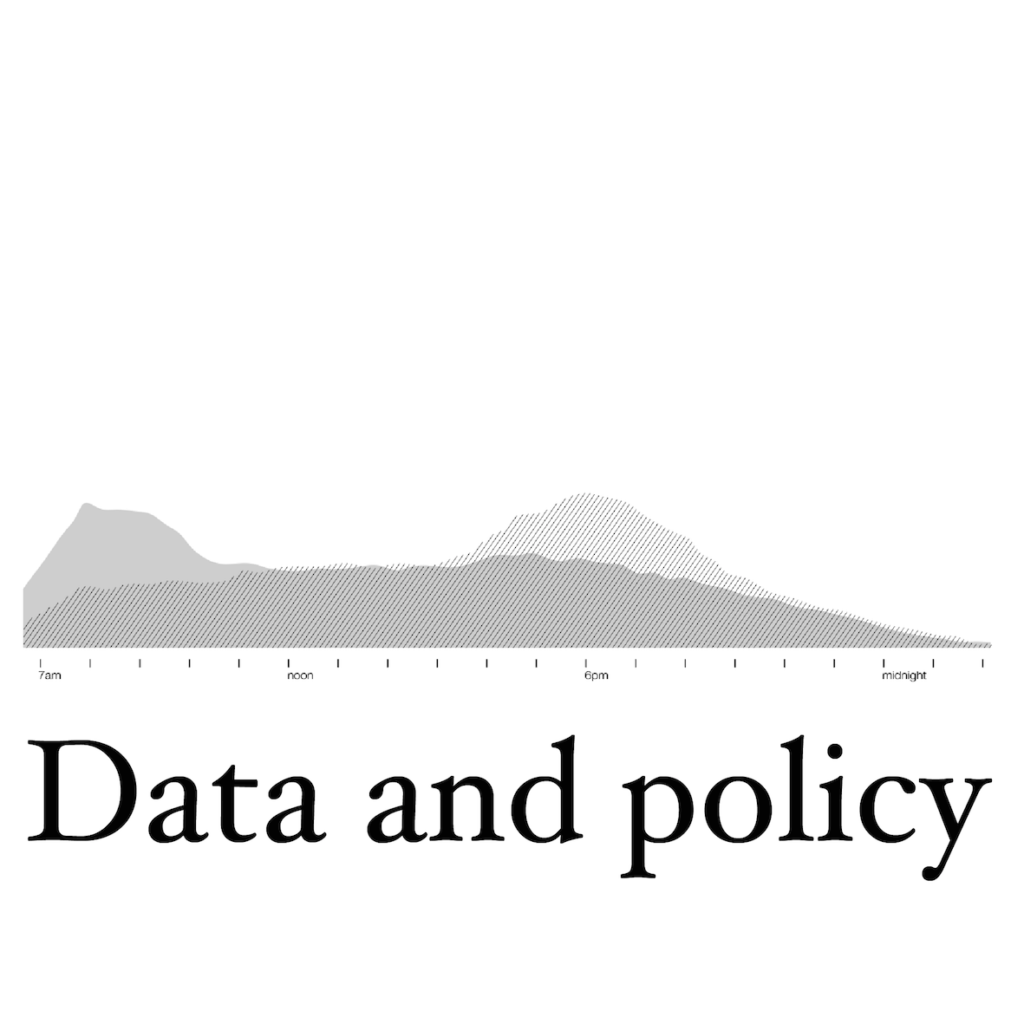This is a brief comment on a meeting Barry Brown and I hosted at Microsoft Research Cambridge, titled .
“Interaction as a a promiscuous concept”: it’s Stuart Reeves’ phrasing that nicely captures the sentiment of our small meeting’s discussions. The collection of short talks and the emphasis given to talking (and not just lecturing), gave rise to a language of critical but positive reflection. Rather than deliberating on an ‘after’ or ‘post’ interaction turn or wave in HCI, interaction was seen to still offer a great deal. The consensus (led by positions from David Kirk, Abi Durrant , Bill Gaver and Stuart) was it provides us with a device or machinery in common, and, conceptually, there remains much to do with the word that keeps us open to new domains and indeed new (design) possibilities. Here, I’m reminded of Isabelle Stengers use of the phrase a “tool for thinking”. It certainly appears interaction (still) provides us with just such a tool.
And yet I felt there was a shared frustration (more…)
See
this post as one source for the discussion.
Kindly attended by, Andy Boucher, Barry Brown, Rob Comber, Anna Cox, Abi Durrant, Bill Gaver, Elisa Giaccardi, Kat Jungnickel, Dave Kirk, Airi Lampinen, Eric Laurier, Lucian Leahu, Christian Licoppe, Dave Martin, Mike Michael, Marianna Obrist, Stuart Reeves, Yvonne Rogers, Francesca Salvadori, Anja Thieme, Tony Weiser and Alex Wilkie.
Abi referenced the piece “
Edge Town” by Hooker and Kitchen (2004), in her short talk. She has also suggested E. M. Foster’s ‘
The Machine Stops’ for further reading. As she explains: [t]his is because this novella conveys the ideas we discussed about making-and-describing the macro and micro features of a world (of complex mediated interactions) and, dare I say, the ‘local and global’. (With the 1:1 scale features of interaction being the stuff that designers can really work with.
It manages to convey the complexity of a socio-technical system through depicting a few moments of relatively simple interaction with ‘the machine’. The story also presents truly entangled human and non human bodies and their politics, ethics, dependencies, faith — and deals more specifically with implications around
transparency within those mediated interactions. This is despite being of it’s time and assuming certain differences between people and the natural world, and ‘man and machine’.
See, Stengers, I. (2013). Introductory notes on an ecology of practices. Cultural Studies Review, 11(1), 183–196.



